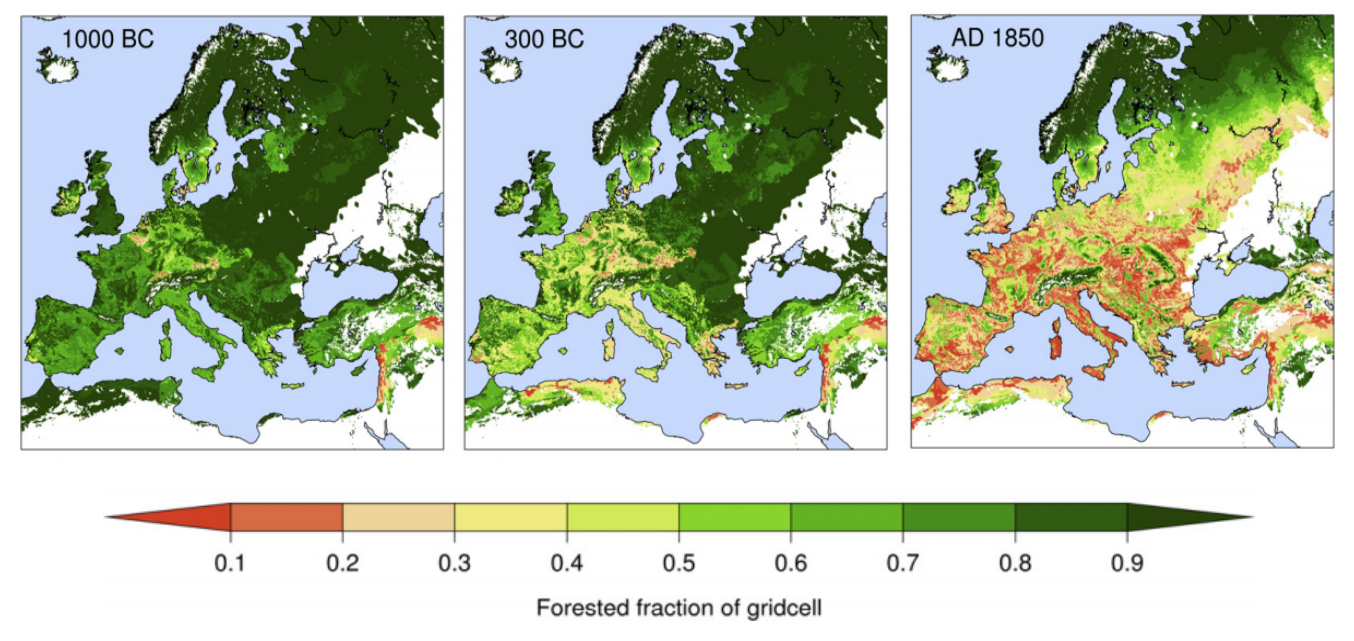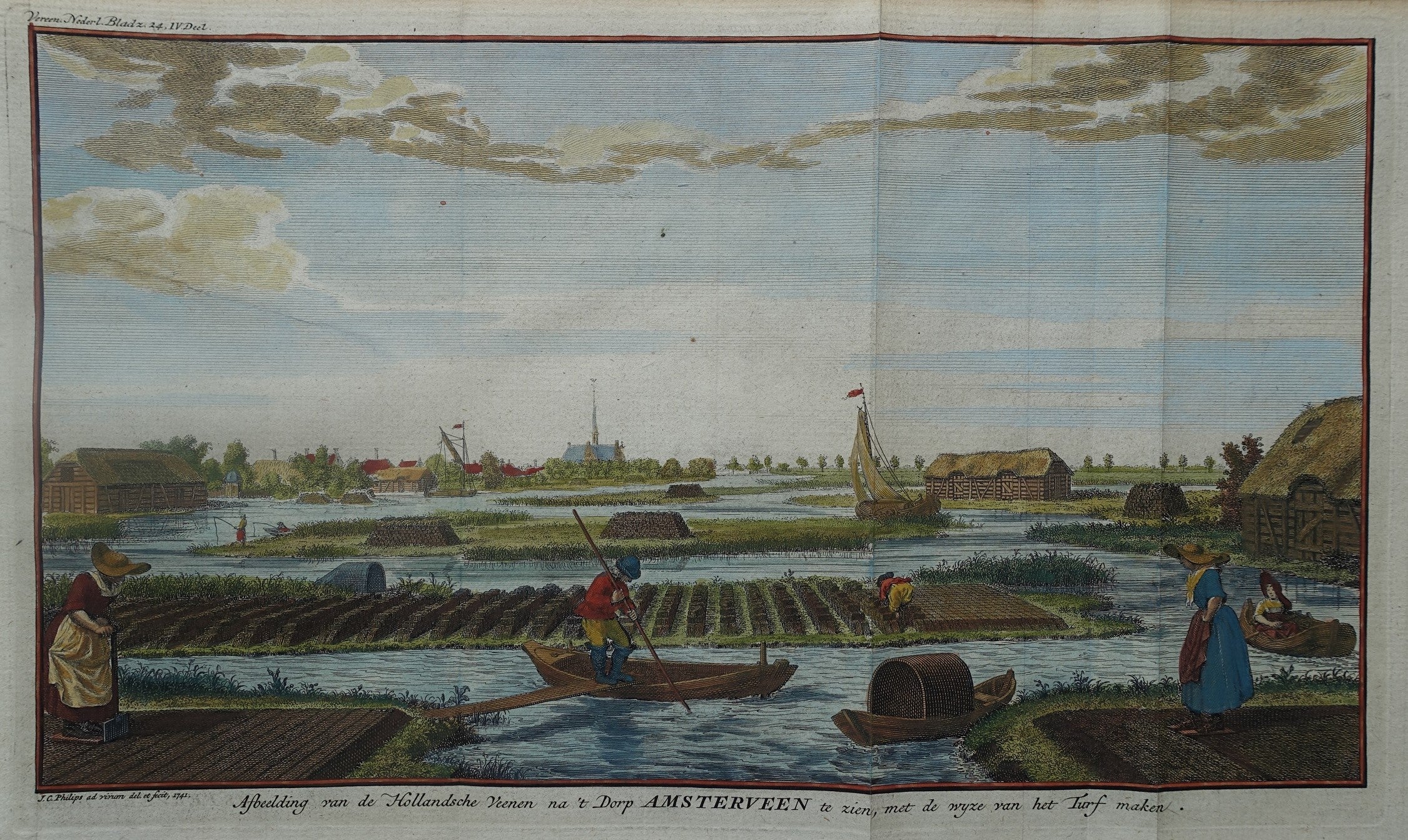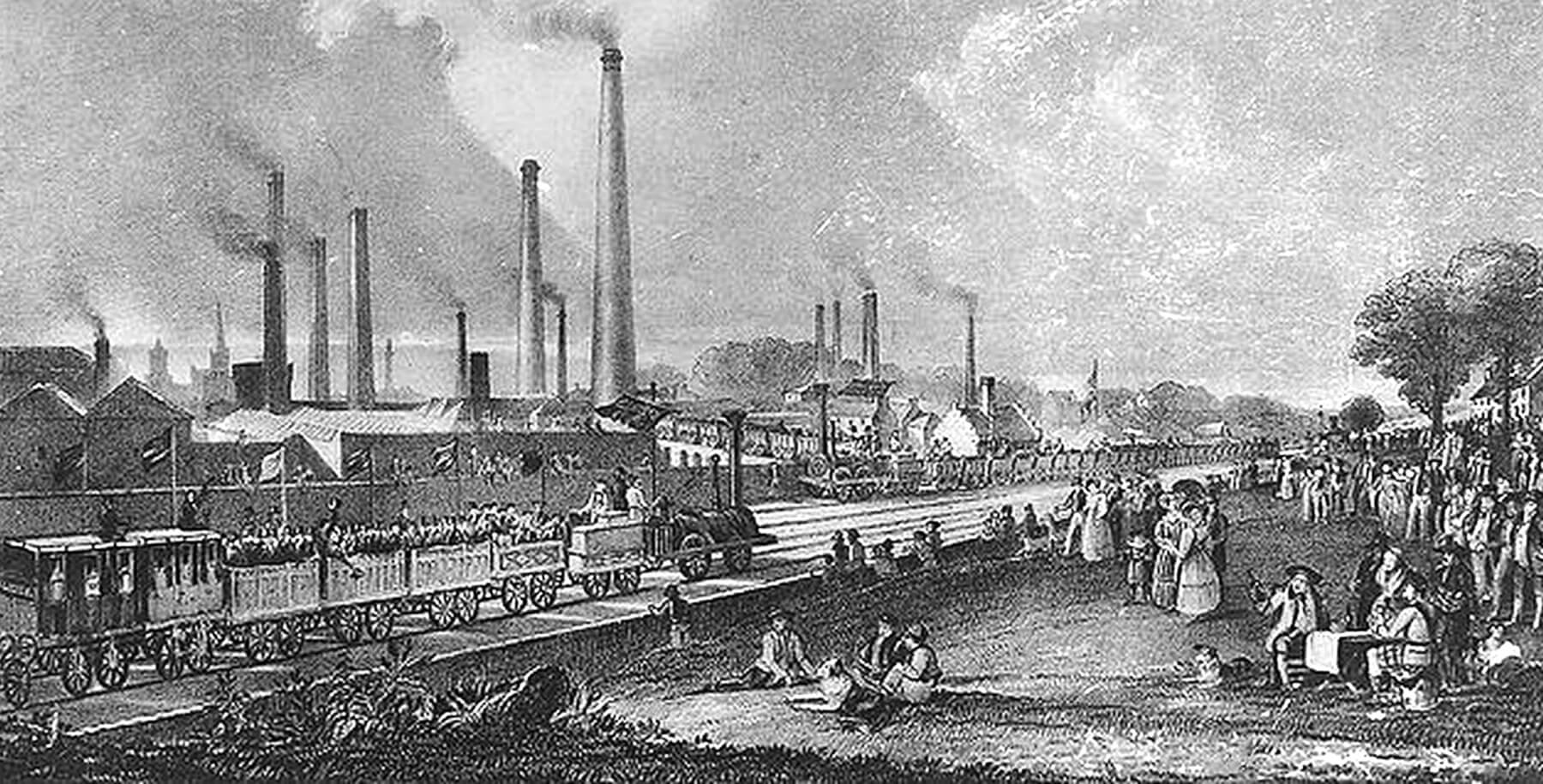Introduction to Climate and Sustainability
History of sustainability
Misha Velthuis
m.velthuis@uva.nl
Thu 3Wed Oct 2024
Content
Overview:
Key thinkers and ideas
Overview:
Different schools and sentiments
Caradonna (2014)

Thinking about sustainability
Key thinkers






Ideas have causes and effects

White men thinking about sustainability






Other voices

The history of what?
The history of what?
From Latin /sustinēre
sub = up from below
tenere = to hold
The history of what?

The history of what?
For a renewable resource - soil, forest, fish - the sustainable rate of use can be no greater than the rate of regeneration of its source.
For a nonrenewable resource - fossil fuel, high-grade mineral ores, fossil groundwater - the sustainable rate of use can be no greater than the rate at which a renewable resource, used sustainably, can be substituted for it.
For a pollutant the sustainable rate of emission can be no greater than the rate at which that pollutant can be recycled, absorbed, or rendered harmless in its sink.
Early modern roots
Deforestation

Btw

BTW
But yes, deforestation

Two responses


Response 1: Hans Carl von Carlowitz



The history of what?
For a renewable resource - soil, forest, fish - the sustainable rate of use can be no greater than the rate of regeneration of its source.
For a nonrenewable resource - fossil fuel, high-grade mineral ores, fossil groundwater - the sustainable rate of use can be no greater than the rate at which a renewable resource, used sustainably, can be substituted for it.
For a pollutant the sustainable rate of emission can be no greater than the rate at which that pollutant can be recycled, absorbed, or rendered harmless in its sink.
Btw: reinventing a very old wheel?

Btw: reinventing a very old wheel?

Caradonna on incipient sustainability in the colonies
“The irony here is that there would not have been a need for conservation had early European settlers not destroyed island forests - forests which had been used sustainably by local inhabitants for centuries or, in the case of uninhabited islands, had never dealt with an invasive species of homo sapiens.” (Caradonna, p. 44)
Response 2: Jean-Jacques Rousseau


Noble savage

Romanticism

Two different sources of sustainability thinking

Imperialist
Human control over nature
Flora and fauna mere objects of dispassionate analysis
Arcadian
Restoring coexistence with other organisms
Deep, humble reverence for all living beings

Roots in industrial revolution

Industrial revolution (1760-1840)
The imposition of technology
The destruction of the past
The ordeal of labour
The manufacture of needs
Three sources of critique
Socialist

Friedrich Engels
1820-1885
Social conservatist

Thomas Robert Malthus
1766-1834
Capitalist liberalist

John Stuart Mill
1806-1873
Socialist critique of industrial revolution

Luddites

Social conservatist critique of industrial revolution

Malthusian catastrophe

Capitalist liberalist critique of industrial revolution

John Stuart Mill on stationary state
I cannot, therefore, regard the stationary state of capital and wealth with the unaffected aversion so generally manifested towards it by political economists of the old school. I am inclined to believe that it would be, on the whole, a very consider- able improvement on our present condition. I confess I am not charmed with the ideal of life held out by those who think that the normal state of human beings is that of struggling to get on; that the trampling, crushing, elbowing, and treading on each other’s heels, which form the existing type of social life, are the most desirable lot of human kind, or anything but the disagreeable symptoms of one of the phases of industrial progress.
John Stuart Mill on stationary condition
It is scarcely necessary to remark that a stationary condition of capital and population implies no stationary state of human improvement. There would be as much scope as ever for all kinds of mental culture, and moral and social progress; as much room for improving the Art of Living, and much more likelihood of its being improved, when minds ceased to be engrossed by the art of getting on.
Roots in the 60s and 70s
Roots in the 60s and 70s
New awareness of pollution

Rachel Carson 1907-1964
Environmental disasters
 Torrey Canyon oil spill
Torrey Canyon oil spill
Santa Barbara oil spill
Social movements

Decolonization
Civil right movement
'68 student protests
Second wave feminism
Although…

Ideas have causes and effects

New perspectives: limits to growth


Spaceship economics

Frontier (cowboy) economics

Spaceship economics
In the meantime

Parasitism, predation
enterprise, gregation, service


Sustainable development
Primitive/ animal state: British empire
Modern/human state: Nazi Germany
Advanced/ spiritual state: nothing yet
Connections with degrowth?
Rejection of materialism
Christian and Gandhian values ("trusteeship")
Satisfying human needs and challenges
Rooting out socio-economic conflict